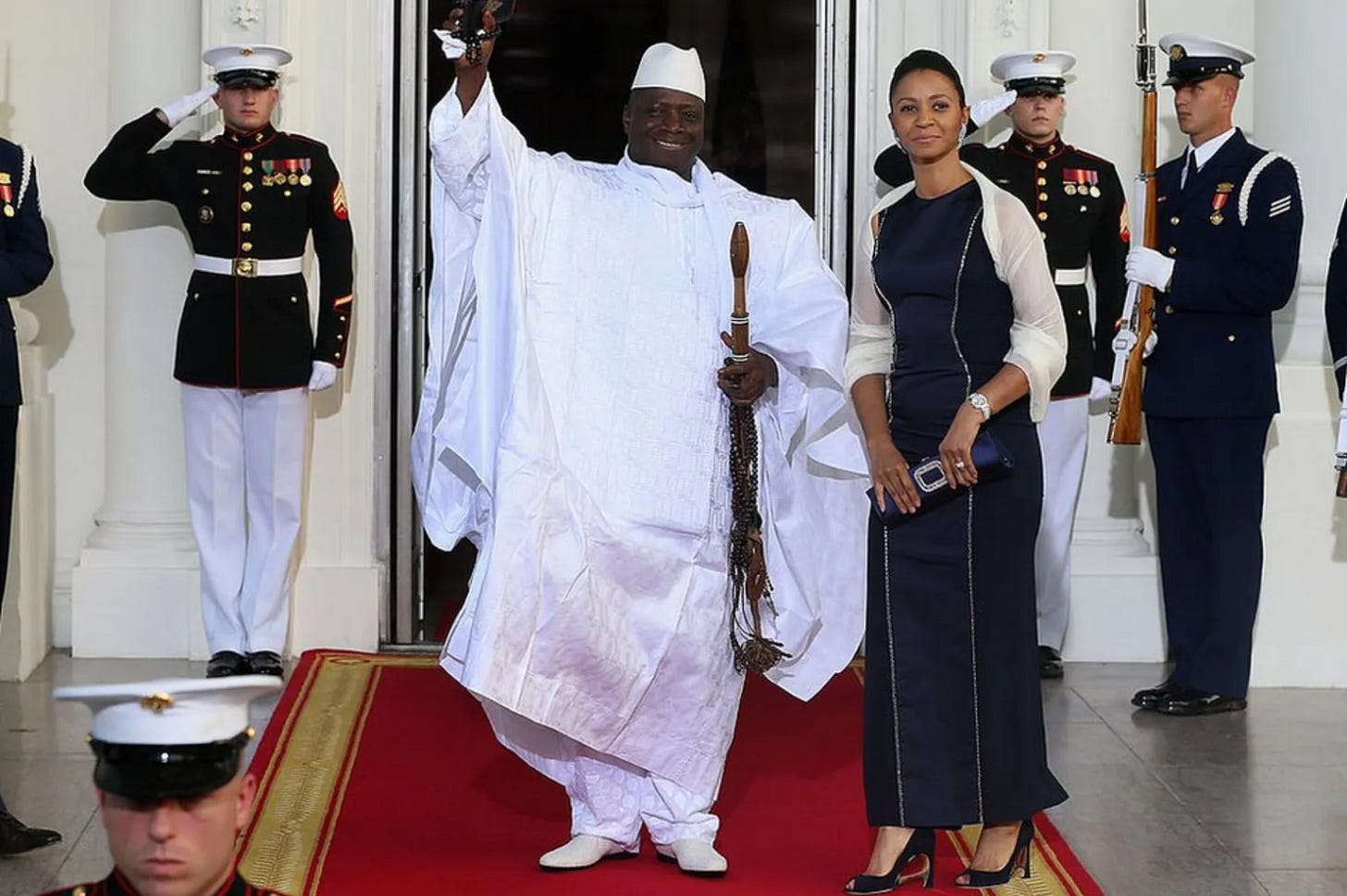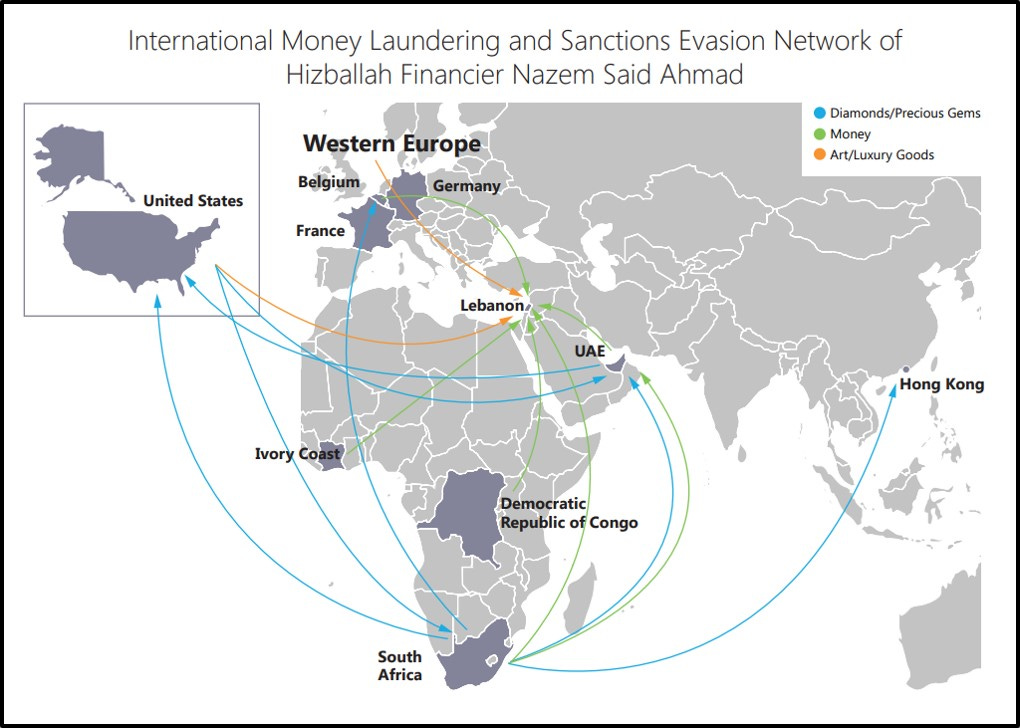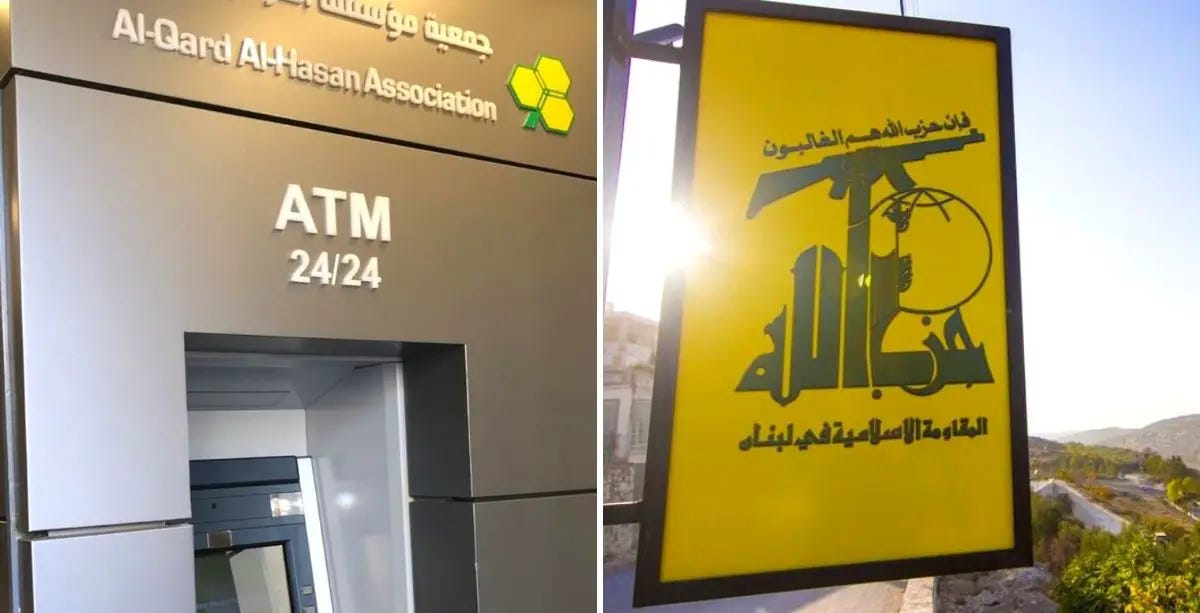Funding a War Chest: Hezbollah’s Strategic Position Bolstered by Global Crime
Hezbollah is more than just a designated terror group: it's a powerhouse of international crime. This has helped make it one of the world's most powerful military entities.
Hezbollah soldiers Marching in a parade in Beirut last April. The group claims to have 100,000 trained fighters at its disposal. Source
Hezbollah is more than just a proxy: it is a regional powerhouse with a global reach. In addition to having as many as 200,000 missiles, the Lebanon-based group is now manufacturing its own military drones and claims to have the ability to turn thousands of its missiles into precision-guided munitions. Hezbollah also claims to have 100,000 trained fighters – men who must be paid, fed, and equipped on a regular basis. In 2016, retired Israeli colonel Alon Ben-David warned that Hezbollah possessed more firepower than 95 per cent of the world’s conventional militaries. A force of this strength is not merely the product of Iranian patronage: it requires the kind of financial means previously unseen among non-state militant groups.
With a global reach that includes mining, narcotics, conflict diamonds, energy, and even fine art, Hezbollah is a behemoth in the world of international organized crime. This activity has helped it to raise the kind of cash needed to solidify its grip over much of Lebanon and prepare for a protracted and asymmetrical regional war. With tensions between Hezbollah and Israel continuing to mount – tensions that could raise the possibility of US involvement – these extensive financial preparations on the part of Hezbollah may be put to the test in the near future.
A masterclass in high level corruption
Former Gambian President Yahya Jammeh ran his country like a crime boss and helped Hezbollah raise millions in cash in exchange for favors. Source
On February 24, 2023, authorities arrested Lebanese nationals Mohammad Ibrahim Bazzi, 59, and Talal Chahine, 78 at Bucharest’s Henri Coandă International Airport. The US Department of Justice had issued warrants for the two men in response to accusations that they had attempted to illegally transfer funds from the United States to Lebanon while under sanctions. Chahine previously made headlines in 2006 when he fled his Detroit-area home for Lebanon after it was revealed that he had been illegally funnelling millions of dollars to Hezbollah. However, it is Bazzi’s vast international dealings that demonstrate how Hezbollah has evolved in its illicit activity in the decades since.
Mohammad Ibrahim Bazzi is a dual citizen of Lebanon and Belgium and listed as owning or controlling multiple entities sanctioned by the United States Office of Foreign Assets Control (OFAC) for their alleged role in providing funds to Hezbollah. An investigation by ProPublica revealed that Bazzi was one of 500 “shadow” diplomats involved in widespread abuses globally: as a so-called honorary consul of Lebanon, he volunteered to represent the interests of foreign governments in exchange for the same legal protections and benefits afforded to career diplomats. It was this status that allowed him to join the inner circle of former Gambian President Yahya Jammeh, who “ran the country like an organized crime syndicate” until his 2017 ouster according to Jeggen Grey Johnson of the Open Society Foundation (OSF).
Bazzi was reportedly implicated in almost every big deal connected to Jammeh’s presidency and used much of these proceeds for the benefit of Hezbollah. In one example, he was awarded a monopoly on oil import contracts in exchange for supplying the regime with illicit goods and services. Some of these illicit dealings included notorious Lebanese-Colombian drug kingpin Ayman Jouma, who in 2011 was accused of laundering as much as $200 million per month through the now-defunct Lebanese Canadian Bank and its Gambian subsidiary, Prime Bank. While these events were occurring, Bazzi leveraged his substantial shares in Prime Bank to launder money for and transfer millions of dollars to Hezbollah.
Fine art and blood diamonds at the center of London high society
Nazem Ahmad’s alleged global network of illicit diamonds, art, luxury goods, and money laundering. Source
2023 also saw the arrest of a third key figure connected to Hezbollah when on April 18, London-based accountant and Indian national Sundar Nagarajan was detained by British authorities. He was later extradited to the United States on December 19. The U.S. Treasury alleges that Nagarajan was managing the financial ledgers for Nazem Said Ahmad, a Lebanese-Belgian national currently sanctioned by OFAC for allegedly providing material support to Hezbollah. Publicly, Ahmad is a noted figure in the international art world with galleries in Beirut and London and a vast collection that reportedly contains masterworks from the likes of Pablo Picasso and Andy Warhol. Privately, his dealings are alleged to be much more nefarious.
US authorities allege that Ahmad’s vast fortune stems from his involvement in the illegal trade of conflict diamonds involving a vast global network of 52 individuals and entities across Europe, the Middle East, and Africa. Ahmad was born in Sierra Leone where a sizeable Lebanese diaspora community exists and some members of which were heavily involved in the illicit diamond trade of the 1990s during the country’s civil war. Hezbollah is believed to have accessed this and other Lebanese diaspora communities in the years since, infiltrating smuggling networks such as those associated with the illicit diamond trade including Ahmad’s.
The proceeds from Ahmad’s alleged criminal dealings likely enabled his foray into the art scene, which is largely unregulated and frequently used as a vehicle for tax evasion, money laundering and more by global crime rings. According to the US Treasury, Ahmad has used proceeds from his criminal activities to purchase vast quantities of fine art and luxury goods, ship these to Lebanon using falsified undervalued invoices at ports controlled by Hezbollah, resell them at a substantial profit, and channel the proceeds to Hezbollah’s coffers. US Federal prosecutors claim that Ahmad’s network has run an estimated $160 million through the US financial system alone.
Smuggling Venezuelan gold to Iran
Hezbollah is allegedly in control of multiple Venezuelan gold mines, illegally smuggling gold to Iran. Source
Last May, Israeli intelligence found that Hezbollah played a key role in smuggling dozens of kilograms of gold from Venezuela to Iran aboard an Iranian Mahan Air flight, receiving the proceeds from the sale of the gold to the Iranian government. In 2019, Venezuelan opposition lawmaker Americo De Grazia claimed that Hezbollah is in control of “a number of special mines” in Venezuela. Gold is a key means by which sanctioned organizations and states operate economically, especially in a wartime scenario. This has been evidenced not only by the actions of Iran and Hezbollah, but also by those of Russia’s private military contractors, who smuggle vast sums of gold out of Africa each year to help bolster Russia’s growing reserves.
Hezbollah cash funds its tightening grip on Lebanon
Branches of Al-Qard Al-Hasan Association, Hezbollah’s shadow bank, are a common sight in Lebanon these days. These branches dispense cash in US dollars at a time when money is hard to come by. Source
The vast sums of cash that Hezbollah has been raising for decades overseas combined with Lebanon’s nearly five-year-long economic crisis have allowed the group to tighten its grip on the country. Hezbollah’s influence can be seen practically everywhere in Lebanon today from banking and lending, real estate, grocery stores, pharmaceuticals, solar energy, narcotics, and even prostitution.
Although Hezbollah has long held sway over Lebanon and Lebanese politics, the country’s ongoing financial crisis has allowed its influence to flourish. This is because Hezbollah, in large part due to its global illicit activity, is one of the only entities in the country capable of injecting money into Lebanon’s cash-starved economy. For example, at a time when over 80 per cent of Lebanon’s population is surviving on foreign remittances from abroad, Hezbollah’s shadow bank, the Al-Qard Al-Hasan Association (AQAH) dispenses US dollars from numerous ATMs across the country in exchange for physical gold deposits.
2021 estimates put AQAH’s gold reserves at around US $500 million and this number is likely much higher at present. Gold is relatively stable in value and may be exchanged for goods and services anonymously, making it highly attractive to heavily sanctioned entities such as Hezbollah. In this way, by acquiring gold using the vast sums of cash at its disposal – derived at least in part from its extensive overseas criminal activity – Hezbollah is working to shield itself from sanctions and potentially operate a war time economy in the event of an Israeli invasion. Moreover, by controlling a sizeable portion of Lebanon’s cash economy, Hezbollah is also ensuring that the cash it puts out on the streets doesn’t stray too far from its coffers.
Conclusion
Hezbollah reportedly has more firepower than 95 per cent of the world’s militaries. Source
Hezbollah possesses more conventional firepower than any designated terror group on the planet and more than most states. This has not been achieved exclusively through Iranian patronage, but also by engaging in a staggering amount of illicit activity around the world. Furthermore, it is highly possible, if not likely, that the activities uncovered to date represent only a small fraction of the group’s worldwide illicit dealings that bring in millions (or perhaps billions) of dollars of cash into the group’s coffers each year.
For these reasons, a conflict with Hezbollah is likely to not only be an enormous strategic challenge but includes the high likelihood of being incredibly protracted. Unlike Hamas in Gaza, Hezbollah has the financial and logistical means to supply and arm itself extensively in a wartime scenario as it has substantial cash and gold reserves as well as access to Lebanese ports and land routes through neighboring Syria. For this reason, ongoing U.S. and European attempts to negotiate commitments between Israel and Hezbollah in an effort to avoid further escalation should be watched very closely. Should these fail to manifest in a meaningful solution in the coming weeks, a full-scale escalation could have disastrous and global consequences moving forward.









Excellent work. I would love to see a follow-up on the ways Hezbollah is using their cyber capabilities. There is a lot to cover. Here are just a couple of links for anyone who is interested.
"Hezbollah runs disinformation boot camps in Lebanon for the purpose of building up the “electronic armies” of Iran’s proxy groups around the region. In August 2020, The Telegraph reported that since at least 2012, Hezbollah has been flying individuals into Lebanon for courses teaching participants how to digitally manipulate photographs, manage large numbers of fake social media accounts, make videos, avoid Facebook’s censorship, and effectively spread disinformation online.
Students from Bahrain, Iraq, Saudi Arabia, and Syria were among the thousands of Iran-backed social media activists who attended the ten-day courses, taught, of course, by Hezbollah specialists. One former trainee told The Telegraph that this is quote: “the illusion industry. Hezbollah is making millions of dollars running these courses, but for the clients it’s worth spending the money.”
With these trained technological operatives, Hezbollah has run large-scale, ruthless social media campaigns. It uses its networks to distribute videos that aggressively target public figures opposed to Hezbollah. A common technique is creating large networks of fake accounts that amplify certain messages by liking, commenting, and sharing each other’s posts. The result is a highly-effective disinformation campaign targeting Hezbollah’s detractors. And then, there are the video games." (quoted content is from second link below) https://georgetownsecuritystudiesreview.org/2018/03/11/the-cyber-party-of-god-how-hezbollah-could-transform-cyberterrorism/ and https://www.washingtoninstitute.org/media/6900